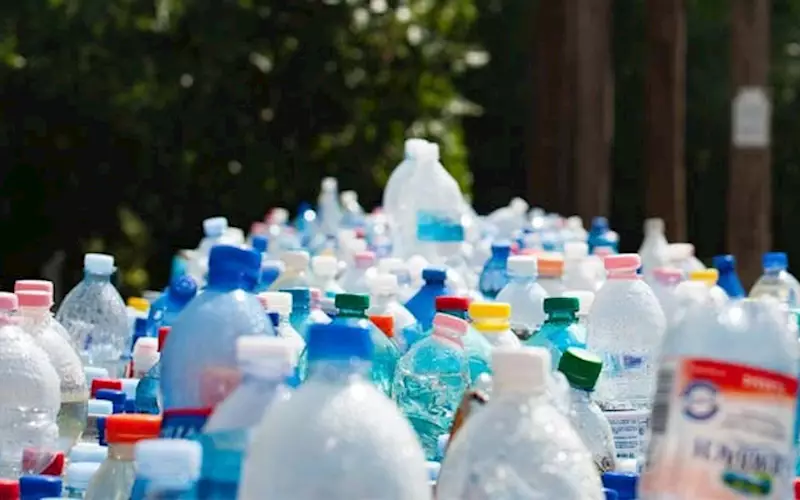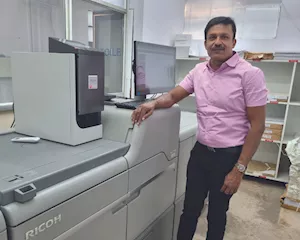Indian government committed to ban plastic by 2022
The Indian government has pledged to ban all single-use plastics by 2022 on 5 June during a World Environment Day summit hosted by the Indian prime minister, Narendra Modi.
11 Jun 2018 | By Sriraam Selvam
The UN environment agency described the policy as "unprecedented".
The Indian environment minister, Harsh Vardhan, who spoke at the summit in New Delhi announced "on a personal front" that he would give up single-use plastic in his own daily life.
Later he said: "On this historic occasion we make a solemn pledge that by 2022 we shall eliminate all single-use plastics from our beautiful country.” He described the policy as part of prime minister Modi’s vision to create the "India of our dreams".
In his speech, prime minister Modi said plastic threatens to become a menace to humanity. He also noted that per capita plastic consumption in India was much lower than in many parts of the developed world. He said India is preparing to join the ‘Clean Seas Campaign’ to make its contributions towards saving oceans from plastic pollution.
1.3 billion Indians currently deploy 25,000 metric tons of plastic per day. The government claims that 60 per cent is recycled, but civil society groups estimate the figure to be closer to 40 per cent.
A UN report issued on 5 June – World Environment day – showed dozens of nations acting to cut plastic, including a ban on plastic bags in Kenya, on styrofoam in Sri Lanka and the use of biodegradable bags in China.
World Environment Day celebrations in India, included cleanliness campaigns by state governments, cleaning of 24 beaches and 24 rivers in 19 states, making national parks and sanctuaries plastic free, media as well as social media campaigns and organising Envithon mini-marathons in five other cities, other than Delhi.
Plastic - At a glance
A study conducted by Ellen McArthur Foundation in 2015 says that about 6.3 billion tonnes of plastic waste has been generated in the world so far, and around 90% of this will not decompose for at least 500 years. Micro-plastic or tiny fragments have been found in soil, tap water, bottled water, beer and even in the air we breathe, according to scientists.
The plastic waste India generates is equivalent to the weight of 30 Titanic ships. Among the Indian states, Maharashtra produces the the maximum plastic waste, while with Gujarat is ranked number second.
The planet uses plastic for all things. According to a study conducted by Trucost, replacing plastic would quadruple the environmental costs by increasing the carbon footprint. So using paper bags instead of polythene sounds like a good idea. Therefore recycling is a better option.














 See All
See All